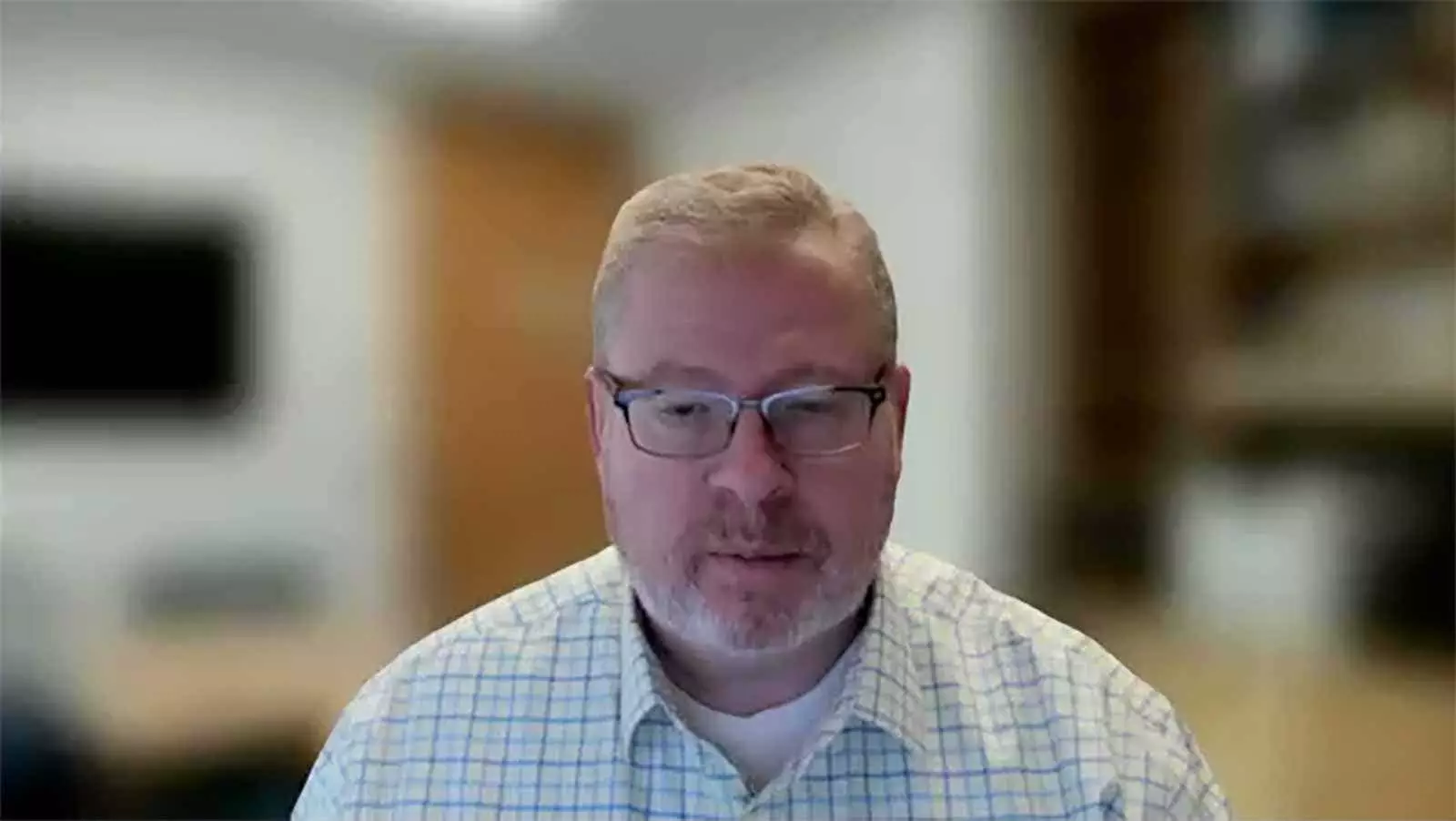Metastatic urothelial carcinoma (mUC) presents a significant challenge in oncology, characterized by aggressive progression and limited treatment options. Recent advances in targeted therapies, particularly with the use of enfortumab vedotin, have shifted treatment paradigms. This therapy, which combines an anti-EGFR antibody with a potent microtubule-disrupting agent, has shown promise in achieving complete responses in patients with mUC. Notably, new data reinforces the potential benefits of prolonged treatment durations for patients who have demonstrated significant responses.
A retrospective study presented at the European Society for Medical Oncology congress was conducted on 57 patients from Memorial Sloan Kettering Cancer Center. These patients, who had been treated with enfortumab vedotin, were noteworthy for having achieved a complete or substantial response. The findings revealed that those who remained on treatment for over 8.5 months and then discontinued due to treatment-related toxicities could remain treatment-free for over two years before needing to resume therapy. This period of remission raises critical questions about the optimal duration of administration of this targeted agent.
Dr. Jonathan Rosenberg, a prominent figure at MSK, emphasized the importance of these findings. He asserts that while managing adverse effects such as neuropathy is essential, it is crucial to evaluate the long-term therapeutic implications of abbreviated treatment durations. The data suggests that patients who are responding effectively may benefit from extended treatment beyond the conventional six-month timeline. In fact, those who were able to stay on therapy for longer exhibited improved outcomes even after discontinuation.
This challenges the current inclination to stop treatment prematurely once patients achieve a response. Instead, maintaining a treatment course for a defined duration could lead to more durable remissions, thereby enhancing the chances of long-term disease control. As oncology evolves, it becomes imperative to tailor treatment strategies not just based on immediate responses but also with an eye towards sustained outcomes.
The discussion surrounding treatment duration is not merely academic; it has substantial implications for clinical practices in treating mUC. As more data emerge, including longitudinal follow-ups on this patient cohort, it will be crucial to refine treatment guidelines. Oncologists must weigh the potential benefits of sustained therapy against the risks of prolonging treatment in the face of potential toxicity.
Emerging evidence may prompt a reevaluation of treatment protocols, possibly leading to a more personalized approach that takes into account individual patient responses and tolerability profiles. Adapting treatment strategies to allow for extended periods of enfortumab vedotin in responsive patients may redefine success metrics for mUC management.
As the field hastens towards better therapeutic interventions for metastatic urothelial carcinoma, these findings underscore the necessity for a nuanced approach to treatment duration. By extending therapy in selected patients, there lies the potential for improved long-term outcomes. Continuous research into the optimal management of mUC will hopefully pave the way for more effective and personalized oncology care.

